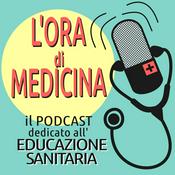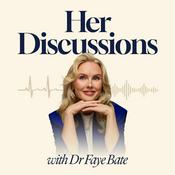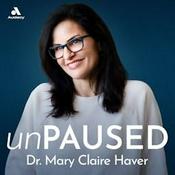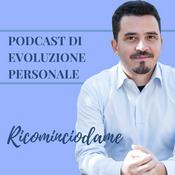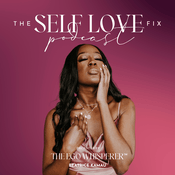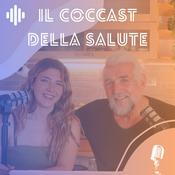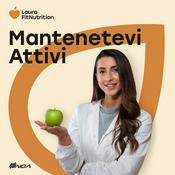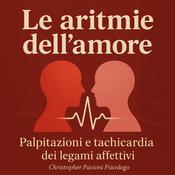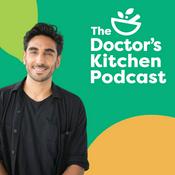372 episodi
- Dentistry is high on the public and political agenda. There have been dozens of headlines about access to NHS dentistry, with some people having to travel huge distances to find a dentist, or being put onto long waiting lists to get an NHS appointment.
In this episode of Inside Health, James Gallagher is joined by chairman of the British Dental Association Eddie Crouch, the Oral Health Foundation's Dr Rachael England, and consultant oral surgeon Tom Thayer. Together, they drill into the issues surrounding NHS dentistry. Along the way, they discuss possible solutions, whether contract reforms will help, and the potential future of dentistry in the UK.
Presenter: James Gallagher
Producers: Alice Lipscombe-Southwell and Thomas Hunt
Production coordinator: Stuart Laws
Content editor: Ilan Goodman - Most of us have Epstein-Barr Virus (EBV) hiding in our bodies.
You may know it as the cause of glandular fever or “kissing disease”.
But more research is suggesting that it can turn our immune systems against us to cause autoimmune disease, such as multiple sclerosis or lupus.
So, what is the virus doing in our bodies - and can we do anything about it?
James is joined by Dr Claire Shannon-Lowe, a virologist at the University of Birmingham, and Dr Patrick Kearns from the University of Edinburgh, a neurologist and epidemiologist.
And we delve into the world of echolocation.
Bats hunt at night by making pulses of sounds and listening to the echoes so they can build a picture of the world around them in total darkness - and it's a technique some people with visual impairment use to explore the world.
A team at the University of East Anglia has been testing how well humans can pick up these skills, so James pays a visit to have a go...
Presenter: James Gallagher
Producers: Gerry Holt, Tom Bonnett & Thomas Hunt
Production coordinator: Stuart Laws
Content editor: Ilan Goodman - This week we’re looking at government plans to start sequencing the DNA of every newborn baby in England within the next decade.
Each newborn would undergo whole genome sequencing to assess their risk of hundreds of diseases, under NHS plans.
It promises a revolution in spotting disease early - but are there also risks?
And use of nicotine pouches is rising, especially among young men.
But these little sachets that fit under the top lip aren’t yet regulated – so what do we know about the potential harms?
Finally, as the cold weather continues, James gets a lesson in walking like a penguin to see if it helps avoid trips, slips and falls…
Presenter: James Gallagher
Producers: Tom Bonnett, Alice-Lipscombe-Southwell and Thomas Hunt
Production coordinator: Stuart Laws
Content editor: Ilan Goodman - James Gallagher stands by four lanes of traffic and inhales exhaust fumes all to see if he can see air pollution in his body. He looks at an intriguing finding that an mRNA vaccine might benefit people being treated with immunotherapy for some cancers and could we be on the cusp of a holy grail in dentistry? A breakthrough could mean we will soon be able to replace the enamel on our teeth.
Presenter: James Gallagher
Producer: Tom Bonnett
Researcher: Thom Hunt
Editor: Ilan Goodman - Saunas are popping up all over the country, with many people claiming they relax muscles and help ease stress. But what does the science say? This week, James Gallagher travels to Môr A Sawna in Jackson’s Bay, Barry, where he treats himself to a sauna session and undergoes a number of physical tests to find out what benefits the sweaty heat could offer.
Next up, James visits The Advanced Neuropathies Centre in Cardiff to speak with Professor Liam Gray, a surgeon who is leading a pioneering treatment for Huntington’s disease.
Presenter: James Gallagher
Producers: Alice Lipscombe-Southwell and Gerry Holt
Researcher: Tom Hunt
Editor: Ilan Goodman
Production coordinator: Stuart Laws
This episode was produced in partnership with The Open University.
Altri podcast di Salute e benessere
Podcast di tendenza in Salute e benessere
Su Inside Health
Series that demystifies health issues, separating fact from fiction and bringing clarity to conflicting health advice.
Sito web del podcastAscolta Inside Health, VENGO ANCH’IO e molti altri podcast da tutto il mondo con l’applicazione di radio.it
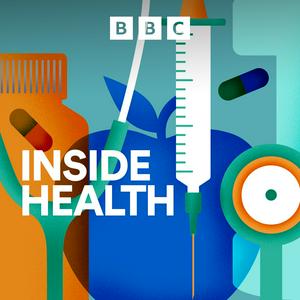
Scarica l'app gratuita radio.it
- Salva le radio e i podcast favoriti
- Streaming via Wi-Fi o Bluetooth
- Supporta Carplay & Android Auto
- Molte altre funzioni dell'app
Scarica l'app gratuita radio.it
- Salva le radio e i podcast favoriti
- Streaming via Wi-Fi o Bluetooth
- Supporta Carplay & Android Auto
- Molte altre funzioni dell'app


Inside Health
Scansione il codice,
scarica l'app,
ascolta.
scarica l'app,
ascolta.














